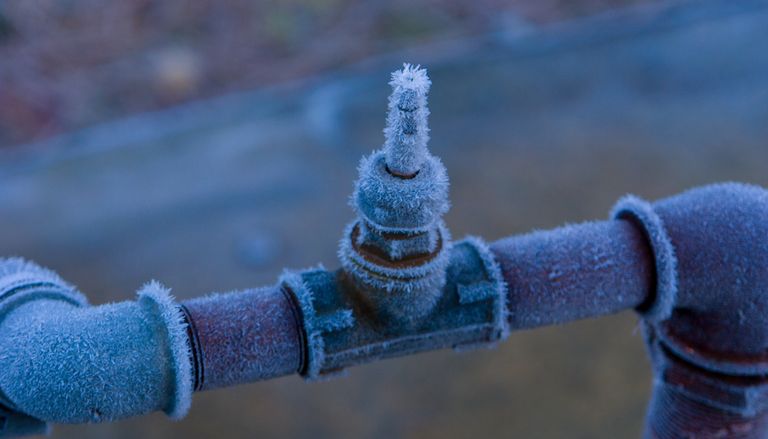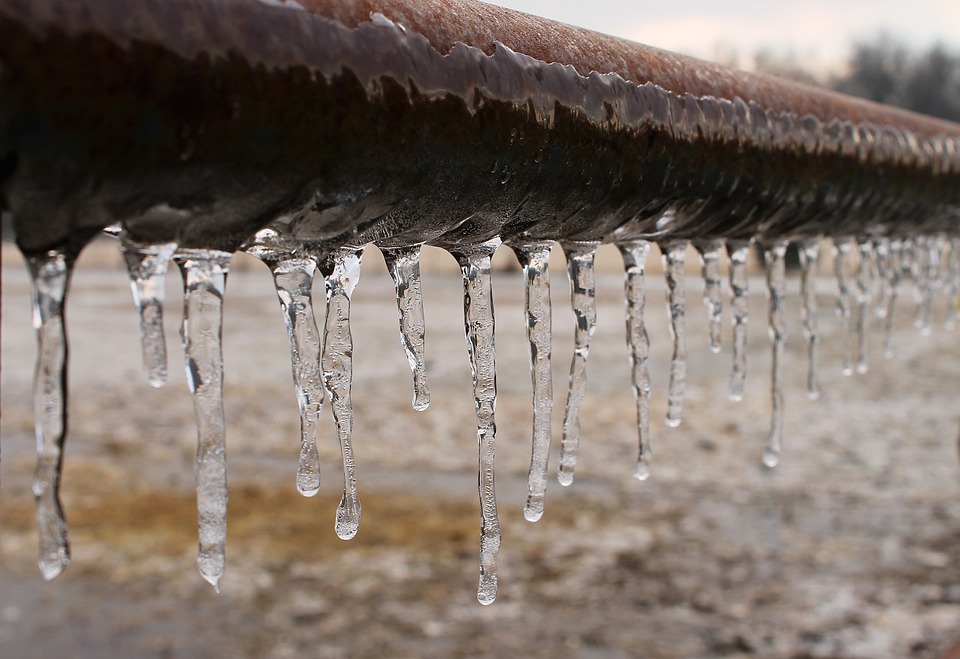Just how do you really feel in relation to Winter Plumbing Precautions: Preventing Frozen Pipes?

Winter can ruin your pipes, specifically by freezing pipelines. Right here's exactly how to avoid it from occurring and what to do if it does.
Introduction
As temperatures drop, the risk of icy pipelines boosts, potentially leading to pricey fixings and water damages. Comprehending how to stop icy pipes is crucial for home owners in chilly climates.
Recognizing Frozen Pipelines
What triggers pipes to ice up?
Pipes ice up when exposed to temperature levels below 32 ° F (0 ° C) for expanded periods. As water inside the pipelines freezes, it broadens, taxing the pipe wall surfaces and potentially triggering them to break.
Threats and problems
Frozen pipes can lead to supply of water disruptions, property damage, and costly repair services. Burst pipelines can flooding homes and trigger considerable structural damage.
Signs of Frozen Water Lines
Recognizing icy pipelines early can stop them from breaking.
How to identify frozen pipes
Look for decreased water flow from faucets, uncommon smells or sounds from pipelines, and visible frost on subjected pipes.
Prevention Tips
Insulating at risk pipelines
Cover pipes in insulation sleeves or use heat tape to shield them from freezing temperature levels. Focus on pipes in unheated or exterior locations of the home.
Heating techniques
Maintain indoor spaces properly warmed, especially areas with plumbing. Open cabinet doors to permit warm air to circulate around pipelines under sinks.
Safeguarding Exterior Plumbing
Yard hose pipes and exterior faucets
Separate and drain yard hoses before winter months. Set up frost-proof faucets or cover outdoor faucets with shielded caps.
What to Do If Your Pipes Freeze
Immediate actions to take
If you presume icy pipes, maintain taps open to ease stress as the ice thaws. Use a hairdryer or towels soaked in hot water to thaw pipes gradually.
Long-Term Solutions
Architectural adjustments
Take into consideration rerouting pipes away from outside walls or unheated locations. Add added insulation to attics, basements, and crawl spaces.
Upgrading insulation
Purchase premium insulation for pipes, attics, and walls. Proper insulation helps maintain regular temperature levels and lowers the threat of icy pipes.
Conclusion
Preventing icy pipelines needs proactive measures and fast actions. By comprehending the causes, indicators, and safety nets, property owners can protect their pipes during winter.
Helpful Tips to Prevent Frozen Pipes this Winter
UNDERSTANDING THE BASICS: WHY PIPES FREEZE AND WHY IT’S A PROBLEM
Water freezing inside pipes is common during the winter months, but understanding why pipes freeze, and the potential problems it can cause is crucial in preventing such incidents. This section will delve into the basics of why pipes freeze and the associated problems that may arise.
THE SCIENCE BEHIND FROZEN PIPES
When water reaches freezing temperatures, it undergoes a physical transformation and solidifies into ice. This expansion of water as it freezes is the primary reason pipes can burst. As the water inside the pipe freezes, it expands, creating immense pressure on the walls. If the pressure becomes too great, the pipe can crack or rupture, leading to leaks and water damage.
FACTORS THAT CONTRIBUTE TO PIPE FREEZING
- Low Temperatures: Extremely cold weather, especially below freezing, increases the risk of pipes freezing.
- Uninsulated or Poorly Insulated Pipes: Pipes located in unheated areas, such as basements, crawl spaces, or attics, are more prone to freezing. Insufficient insulation or lack of insulation altogether exacerbates the problem.
- Exterior Wall Exposure: Pipes running along exterior walls are susceptible to freezing as they encounter colder temperatures outside.
- Lack of Heating or Temperature Regulation: Inadequate heating or inconsistent temperature control in your home can contribute to frozen pipes.
PROBLEMS CAUSED BY FROZEN PIPES
WHY CERTAIN PIPES ARE MORE PRONE TO FREEZING
- Pipe Bursting: As mentioned earlier, the expansion of water as it freezes can cause pipes to burst, resulting in significant water damage.
- Water Damage: When pipes burst, it can lead to flooding and water damage to your property, including walls, ceilings, flooring, and personal belongings.
- Structural Damage: Prolonged exposure to water from burst pipes can compromise the structural integrity of your home, leading to costly repairs.
- Mold and Mildew Growth: Excess moisture from water damage can create a favorable environment for mold and mildew growth, posing health risks to occupants.
- Disrupted Water Supply: Frozen pipes can also result in a complete or partial loss of water supply until the issue is resolved.
https://busybusy.com/blog/helpful-tips-to-prevent-frozen-pipes-this-winter/
- Location: Pipes located in unheated or poorly insulated areas, such as basements, crawl spaces, attics, or exterior walls, are at higher risk of freezing.
- Exterior Pipes: Outdoor pipes, such as those used for irrigation or exposed plumbing, are particularly vulnerable to freezing as they are directly exposed to the elements.
- Supply Lines: Pipes that carry water from the main water supply into your home, including the main water line, are critical to protect as freezing in these lines can affect your entire plumbing system.
- Underground Pipes: Pipes buried underground, such as those connected to sprinkler systems or outdoor faucets, can be susceptible to freezing if not properly insulated.

I am just very involved in How To Avoid Freezing Pipes and I am hoping you enjoyed reading my blog post. Sharing is nice. You never know, you might be doing someone a favor. Bless you for your time. Return soon.
Book Inspection
Comments on “Tips for Avoiding Frozen Plumbing in Winter: Expert Tips”